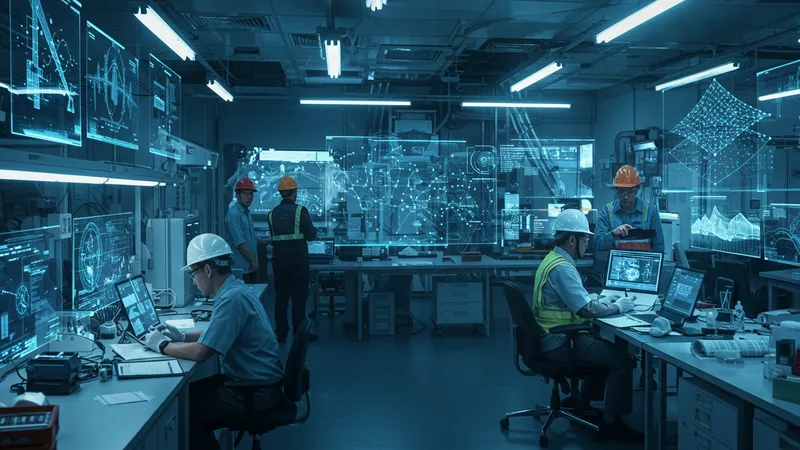
What’s Driving Indonesia’s Anti-Corrosion Market Boom In 2025
The Technological Innovations Behind the Growth
Indonesia’s anti-corrosion market owes its rapid expansion to the technological innovations emerging from local research labs. Engineers have adapted technologies like graphene-based coatings and self-healing materials, which significantly enhance the longevity of infrastructure. This local expertise not only promises to mitigate corrosion but also positions Indonesia as a leader in self-sustainable technologies. But there’s one more twist to this narrative…

International companies are eyeing these innovations, often licensing them to enhance their portfolios abroad. It’s a remarkable turn that essentially puts Indonesian companies on the world map, elevating their status from local players to global powerhouses. This reverse flow of innovation disrupts traditional industry dynamics and hints at Indonesia’s potential to redefine the future of anti-corrosion technologies. What you read next might change how you see this forever.
Where traditionally, anti-corrosion solutions were seen as merely supplementary, Indonesia views them as pivotal to national infrastructure success. This intrinsic shift in perspective is educating entire markets to prioritize long-term asset protection over short-term savings. The reinvigorated market values knowledge sharing, creating collaborative efforts that expedite technological advancement. But the market is not just about technology…
Financing is another key factor driving this explosion. Banks and financial institutions in Indonesia have increased accessibility to funds for projects that integrate innovative anti-corrosion technologies. Breaking away from conventional restraints, easier funding now encourages more stakeholders to partake in large-scale projects. It seems as if the pieces of a puzzling narrative finally fit together, promising a transformative chapter ahead. Yet, what’s still looming on the horizon could change everything yet again.